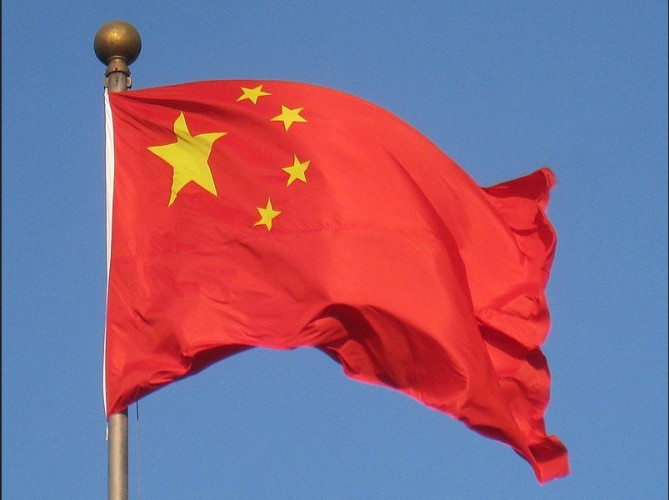In the world, China ranks second after the US in its total investment in research and development, but the country’s audit report has found a gaping hole in universities and research institutions’ scientific papers and their real use. Most of them have been found to be involved in research work that has no use in industrial applications, an audit report recently carried out by the Audit Office of Guangxi said.
The 15,000-word audit report which was, as per South China Morning Post, removed shortly after uploading on the website of the Audit Office of Guangxi, an autonomous region in southern China, has made a scathing attack on universities and their performance. Nine universities of the region could convert just less than 1% of their research work in science and technology —from 2020 to 2022—to industrial applications, the Hong Kong-based daily newspaper said, quoting a just released audit report.
While one university could witness no successful industrial applications out of 862 research projects funded with a total of 131 million yuan ($18.2 million), the audit report said, giving a peek into the abysmal condition of education and research in Chinese universities.
According to China’s National Bureau of Statistics, Beijing’s total expenditure on research and development tripled since 2012. Today, it ranks second in the world after the US with funding for research and development reaching 62.4 billion yuan ($8.7 billion) by the end of 2022. Yet such a huge funding has failed to encourage quality scientific research outputs in academic and research institutions. Four universities in the Guangxi region did not utilise as many as 66.82 million yuan ($9.3 million), lying with them for a longer period, for research projects, the audit report said.
While two universities received funds which were more than what were required for 22 research projects they were undertaking. Such discrepancies have cast shadow on China’s move to shore up investments and encourage institutions to turn their research work into profitoriented projects. This report has come on the back of criticism by experts that a large number of universities and institutions in the country prioritise quantity and not quality of research projects in their annual work assessments.
Even though China’s Communist leaders view universities as key players in military modernisation, economic growth, and promoting the country’s soft power, the Centre for
Security and Emerging Technology, a Washington DC-based think tank said. Unless universities in China reform their evaluation system for research talent, they cannot
have outputs which can be directly converted into practical applications. Researchers’ works are “excessively based on academic papers,” 25 scientists and entrepreneurs said in their jointly published article in China Science Daily in March 2023.
The Science Daily further said that in the “absence of systematic organisation”, researchers tend to work individually and produce “fragmented short-term research works”, making them less effective in achieving “breakthroughs in critical areas”. “Researchers appear to be conducting basic theoretical research, but often they produce a large
quantity of useless research output that is primarily focused on paper-centric assessments,” the Hong Kong daily quoted Liu Ruiming, a Professor with the National Development and Strategic Research Institute at Renmin University, as saying.
However, Japan’s National Institute of Science and Technology Policy (NISTP) in a report published last year in August found that Chinese research comprised 27.2% of the world’s top 1% most frequently cited papers.
In contrast, in 2018, Chinese universities and institutions produced 305,000 scientific research papers, but despite such impressive statistics, a large number of them were found to be of no industrial use, said some media reports. Experts’ worry that shoddy research papers are being produced by Chinese institutions even as Beijing has long called for reinforcing basic research to achieve high-level self-reliance in science and technology in order to become a leading global technological force.
“To respond to international sci-tech competition, achieve higher level self-reliance and greater strength in science and technology, foster a new development pattern, and promote high-quality development, it is urgent to strengthen basic research and address key technological challenges from the source and the bottom,” China Daily quoted President Xi Jinping as saying while presiding over a study session of the CPC Central Committee on Science on February 23, 2023.
But the audit report by the Audit Office of Guangxi has exposed a long-standing weak link in China’s push to strengthen basic research, especially when it aspires for becoming a tech superpower by the middle of the century.

